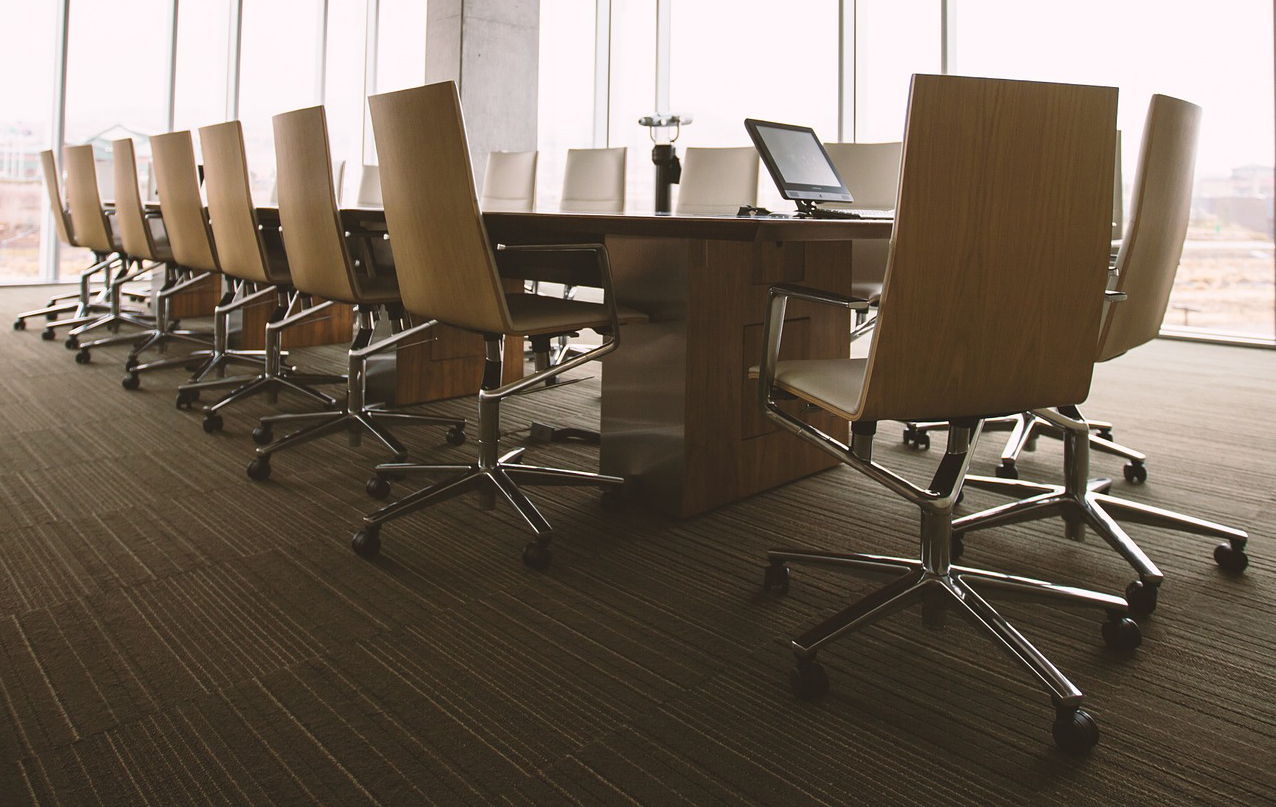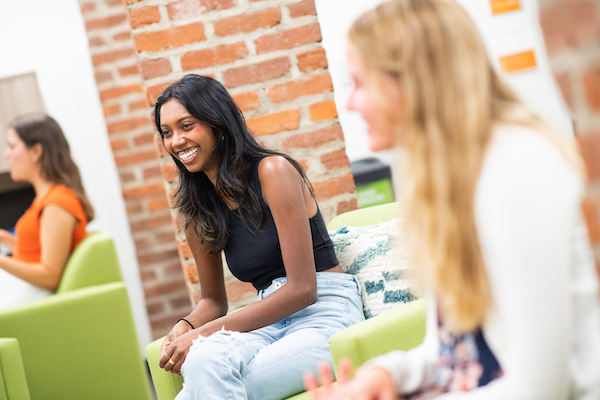
We relish the opportunity for the Women’s Center to be part of the Community MLK Celebration each year but the lecture we hosted for the 2019 celebration of Women in the Movement was an especially fitting one as students and colleagues crowded Minor Hall to hear Brittney Cooper on January 22. January 22 was the third national day of racial healing as a part of the W.K. Kellogg Foundation’s Truth, Racial Healing & Transformation effort. This national effort aspires to a community-based process of transformative, sustainable change to address the historic and contemporary effects of racism. Collaboratively conceived, the National Day of Racial Healing is a time to:
1. Reinforce and honor our common humanity, while celebrating the distinct differences that make our communities vibrant.
2. Acknowledge the deep racial divisions that exist in America and must be overcome and healed.
3. Commit to engaging people from all racial and ethnic groups in genuine efforts to increase understanding, communication, caring and respect for one another.
Cooper drew from her work in Beyond Respectability: The Intellectual Thought of Race Women and Eloquent Rage: A Black Feminist Discovers her Superpower to deliver a wide-ranging talk that explored what it will take to move beyond previous diversity and equity efforts and make the radical shifts necessary for transformation and true diversity. The path forward, she posited, lies in intersectionality as Kimberlé Crenshaw conceived of it: a structural analysis of the political and social systems that oppress people as members of groups. As she articulated it, this is a project of justice, repair, real integration.
Our students witness to the need for such healing:
One student shares: I think what has surprised me most about UVA is the lack of support that many minority groups have. I think that a lot of student groups at the university don't actively try to allow an "integration" of different identities within our socially constructed categories. I find that a lot of my queer black friends have had to choose between being really actively involved in things like BSA and QSU, and I feel I've had to do the same. My first year I was more active in "queer activities" like QSU and The LGBTQ Center, and I noticed a severe lack of minority faces, even though I know a relatively large amount of queer people of color at the University. I think that intersectional identities are often disregarded and seen as things that we cannot focus on and invest our energy in, even though those with these identities are every bit as valid as people that are being persecuted or oppressed on other axes of their identity. I would love to say that everybody was supportive of people that often systematically have their voices stolen, but I can’t with a clear conscience, and I think that is terrible–especially for a liberal arts school.
Another surveyed peers and found: those who took the survey requested that the University discuss its intersectional tensions as well. The experience at UVA for a Black American women is entirely different compared to that of a Black American man, and both of these experiences differ from a first-generation African American. One response explained how, when we do decide to branch out and find an organization to be a part of at UVA, it seems as if we have to choose certain parts of ourselves to identify with. Where are the black LGBTQ+ support groups? What do you do if the people who look like you have more money than you, and you can’t afford all these fun trips and parties they’re planning?
Here at the Women’s Center, our commitment to the full flourishing the entire community requires us to undertake all of our work with a vision of inclusivity. As we foster the respect, safety, and dignity of women and girls, it’s essential that we listen to the wisdom of those who join us in this work. Intersectional theory reminds us that different forms of identity-based discrimination (such as racism, sexism, homophobia, transphobia, and classism) combine, overlap, and intersect in a complex and cumulative way. If we do not account for these inequities in our work, we will fail to support vulnerable and marginalized members of our community.
“Seats at the table” is a well-established metaphor used in recognition that, historically, power has not been shared equitably or to the benefit of all. It is important to note that rearranging the occupants of existing seats doesn’t lead to deep systematic change. It merely changes the identity of who wields the power. We need to set a bigger table.
Inez McCormack, Northern Irish Human Rights activist, argued that making real change necessarily includes those who need it. She challenged those who exercise power to consider “How are they going to use their power to ensure that there is change for those who are not at the table and those who are excluded?” Through her work and actions, she consistently lived out the answer to this question: “Put those who are excluded or disadvantaged at the centre of the debate and not the end, otherwise change will never happen.”
Our commitment at the Women’s Center is to meeting the gender-based needs of our whole community. Informed by an intersectional prism, our work to advance gender equity necessarily grapples with the implications of racism, sexism, bigotry, ableism, classism, and other difference-based discriminations. We work to draw sustained attention to those who have been historically under-represented in universities and increase our offerings in response. We also seek to involve those who have been under-engaged in conversations about gender.
This is challenging work, to be sure. As Brittney Cooper put it, “it’s the messiness that messes us up.” But we at the Women’s Center are committed to doing our part, together with you and with others as called for in the third objective of the National Day of Racial Healing: “engaging people from all racial and ethnic groups in genuine efforts to increase understanding, communication, caring and respect for one another.”
I have devoted a portion of our programming budget to hosting a prominent intellectual during the Community MLK Celebration event each year as well as setting a bigger table in other ways. Through the stories amplified by these events, let’s expand and deepen our understanding of history and its impact on present-day realities. These conversations will encourage us all to work to a broader future for everyone and will illustrate what that might look like.
Students, colleagues, community members – we’re here to partner with you and support your efforts. We hope to see you at our events, as well. Brittney challenged the audience with this question: “What am I willing to risk for all people to flourish?” Help us answer this charge.

